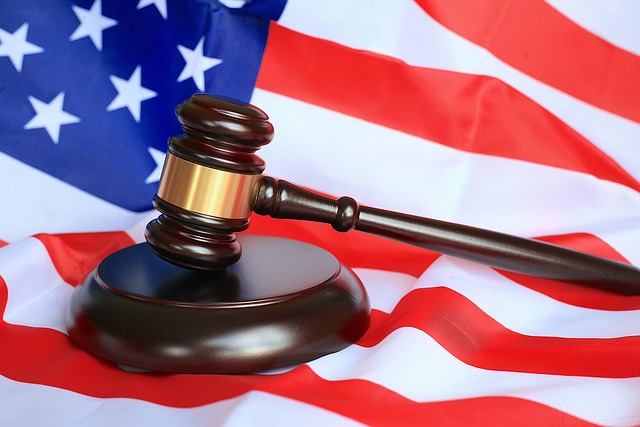Deep understanding of criminal proceedings is key for robust defense strategies. This expertise enables lawyers to navigate justice system through strategic advocacy, meticulous preparation, skilled presentation, and timely objections. It's crucial in appeals process, where appellate courts review trial records, correcting errors and ensuring fairness by identifying grounds for error and supporting petitions. Criminal proceedings expertise ensures fair representation and maximizes positive outcomes.
“Uncover vital legal insights into navigating criminal defense hearings and appeals with our comprehensive guide. From understanding the intricate criminal proceedings expertise as a foundation for robust defense strategies, to mastering hearing navigation techniques for effective advocacy, this article offers valuable wisdom.
We delve into the complex appeals process, exploring challenges and illuminating paths to justice. Essential reading for legal professionals and those seeking informed understanding of their rights within the criminal justice system.”
- Understanding Criminal Proceedings: A Foundation for Defense
- Navigating Hearings: Strategies for Effective Advocacy
- Appeals Process: Challenges and Paths to Justice
Understanding Criminal Proceedings: A Foundation for Defense

Understanding the intricacies of criminal proceedings is a cornerstone in building a robust defense strategy. Criminal defense hearings and appeals require a deep knowledge of legal procedures, evidence rules, and constitutional rights. This expertise forms the foundation for a lawyer to navigate the complex landscape of the justice system effectively. By grasping the nature of criminal charges, potential defenses, and the procedural steps involved, legal professionals can better advocate for their clients’ interests.
A well-informed understanding of criminal proceedings enables lawyers to anticipate arguments, challenge evidence, and present compelling cases. It involves demystifying legal jargon and translating technical concepts into accessible language, both for the court and the client. This clarity is vital in ensuring fair representation and maximizing the chances of a positive outcome.
Navigating Hearings: Strategies for Effective Advocacy

Navigating hearings in criminal defense requires strategic advocacy that leverages legal expertise. Before the hearing, a thorough preparation process is essential, involving a meticulous review of case documents, understanding of relevant laws and regulations, and identifying potential arguments to strengthen the defendant’s position. During the hearing, attorneys must artfully present evidence, examine witnesses, and counter prosecution arguments with clarity and conviction.
Effective advocacy also includes strategic decision-making regarding witness selection, evidentiary presentation, and timing of legal objections. Leveraging criminal proceedings expertise allows defense attorneys to navigate complexities, anticipate potential challenges, and construct a robust case that protects the defendant’s rights while aiming for the best possible outcome.
Appeals Process: Challenges and Paths to Justice

The appeals process in criminal defense is a crucial step for ensuring justice, allowing defendants to challenge their convictions and sentences. It involves a meticulous review of the original trial record by appellate courts, which scrutinize legal errors, procedural mistakes, and the weight of evidence presented during the criminal proceedings. This stage offers a chance to rectify wrongs and ensure fairness, especially when expertise in criminal law is paramount for navigating complex legal landscapes.
Defendants pursuing an appeal must identify grounds for error, such as ineffective assistance of counsel or improper jury instructions. They file petitions presenting these issues, along with supporting documents, to the appellate court. The process is intricate, demanding meticulous attention to detail and a deep understanding of criminal proceedings expertise. Success lies in demonstrating that the outcome of the trial was unfairly influenced by errors, leading to a potential reversal of the conviction or a remand for a new trial.






